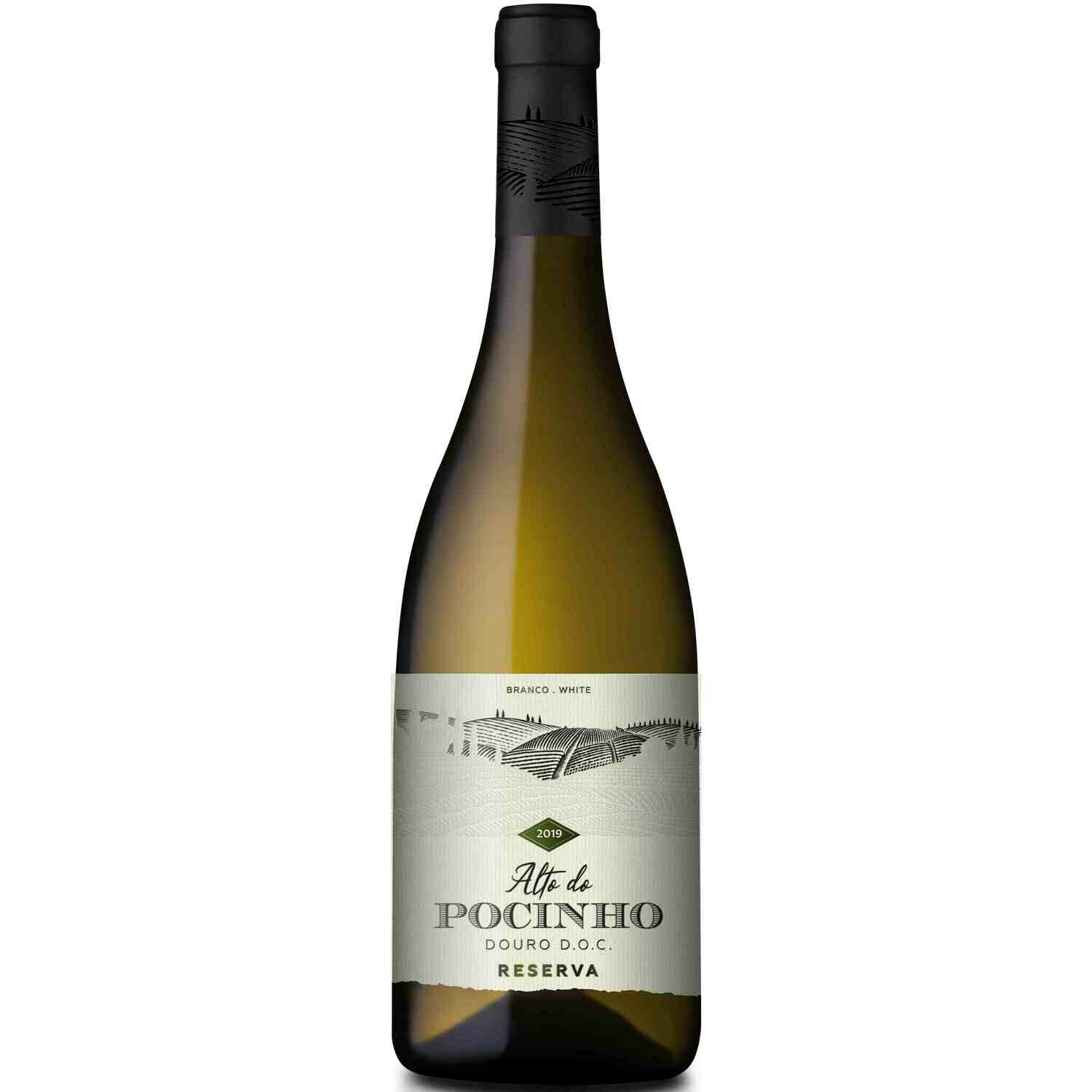Giles Coren em Julho 2015 - Portuguese cooking is the worst on earth.
05:11:00É importante relembrar e deixar marcado nos dias de hoje o comentário de um dos críticos gastronómicos mais falados no UK. Por alguns intitulado como um autentico comediante, por outros um eterno frustrado à procura de paladar.
Em 2015 disse que a cozinha Portuguesa era a pior do Mundo, numa visita ao restaurante, Taberna do Mercado, chefiado pelo Chef Nuno Mendes.
Esta critica terá sido publicada no The Times.
"The food in Portuguese hotels is never Portuguese. People are on holiday. It just wouldn’t be fair’ Portuguese cooking is the worst on earth. Or, at least, the worst of any warm nation on earth. Obviously, Irish cooking could give it a run. Or Polish. But in its leaden, oversalted blandness, the cuisine of Portugal is, at best, what English cooking would be if we had better weather. It is a creaking truism of international diplomacy that the alliance between Britain and Portugal is the oldest in the world. It is less often observed that the alliance is one based not on political expedience but a mutual love of soggy cod, white bread, overcooked potatoes, plain cheese, sweet wine and cold custard. And I am speaking as an expert. I’ve been to Portugal dozens of times and I have never had a good meal there. But then you don’t go to Portugal for the food, do you? You go for … Hang on, why do you go to Portugal? When I was a child we went to the Algarve every summer so the grown-ups could play Monopoly and drink rum and Coke, and the kids could burn so gruesomely that blisters bubbled up on our shoulders and we simmered visibly, like soups. The food was the standout awful thing even then, with sterilised milk substituting for the fresh, pasteurised stuff we were used to at breakfast, and making our Frosties taste of Dettol. In 1975 Portugal was already past its best as a holiday destination. My dad would say, “I know the beach is all built up and ugly, kids, but you should have seen it in 1963 when your mother and I came here on honeymoon. It was completely unspoilt. We had the sea all to ourselves. Except, of course, we didn’t go in, because of the jellyfish.” Oh yes, the Portuguese man-of-war. The child-killing, not actually a jellyfish thing that means – on the rare occasions when a flattening of the Atlantic waves makes it feasible – that you can’t go in the water. Or really even on the beach, for fear of treading on one. A formative Portugal memory for me is of a man dying very quietly on a leather sofa in a hotel lobby after a sting in July 1977. Although it may have been food poisoning. That slow public expiration competes in my memories of Portugal that year with the huge lizard I adopted as a pet, gave the name of “Zilla”, and stalked all around the gardens of the hotel until a gardener decapitated it with a spade. I recall Zilla’s severed cross section being not red and bloody, but smooth and green like a cucumber. I cried, of course. And then the gardener picked up the body and made lip-licking and stomach-patting gestures in my direction. Whether that was an insight into Portuguese cuisine or Portuguese humour, I have never been sure. In later life I have visited Algarve hotels on many a press freebie, but you’re never really allowed to leave the grounds. Perhaps because if you did you would discover that there is nothing else here except concrete hotels full of foreigners trying to get out. The food in these hotels is always Italian or French or, latterly, Japanese, to cater for the Russians, but never Portuguese. Obviously. People are on holiday. It just wouldn’t be fair. I don’t want Portuguese people to be offended. In many ways their crap food is what makes them so loveable. And I have eaten plenty of it. Not just on Algarve prison breakouts but on countless Lisbon stag weekends and all over the country when the Uefa European Championship of 2004 was staged there. Which is presumably why the phrase “Portuguese restaurant” is not one you hear very often. So hurrah for Nuno Mendes, the formerly Michelin-starred, now celebrity-fêted chef of the Chiltern Firehouse (where, much like Portugal, nobody goes for the food) and personal favourite of all restaurant critics, who has opened a Portuguese restaurant in Spitalfields and done a very good job of replicating the horridness of his native cuisine – although it is inconsistent, and one or two rather delicious things suggest his mind was not fully on the job. To look at, Taberna do Mercado is a standard brick and whitewash Shoreditch eating space of the post-St. John “Britapas” type, and not especially scary. But then the menus come on a weird copper hook designed not to mimic the fishing tackle of the early Basque sailors who brought cod-salting techniques to the first Algarvians, but to make it easy to hang under the table. Which is obviously what you always wanted to do: hang your menu under the table. The menu then goes: Snacks – Cheese – Cured Meat – House tinned fish – Small plates – Sandwiches – Desserts. “Ha ha ha ha,” I said to my friend, Kit. “They’re pretending that in Portugal people have a snack, then cheese, then lunch, then a sandwich!” “Actually,” said a famous Portuguese cookery writer, leaning over from the table next to us, “we do.” “Is the sandwich at the end because Portuguese food is so horrid you’ll have left most of it untouched and still be hungry?” I asked. “No,” she said. “It’s because the meal is mainly fish, and fish doesn’t really fill you up.” And she’s right, it doesn’t. Especially not if you’re scraping it into the pot plants to avoid offending your host. We began with a prawn rissole “snack” that was two small, hard slippers containing a foul brown fishy effluvium. Like sewage leaking from an ornamental clog. This was followed by “chouriço vinho tinto”, which is fried Portuguese chorizo deglazed with red wine. Now, I don’t know what Portuguese chorizo is meant to be like. But if it’s meant to be tougher than the Spanish stuff, cooked pretty much to black, chewy as a fingernail and without much flavour, then this was bang on the money. Next up, “tinned fish”. This was a riff on the famous Portuguese export, with confit seafood showing up in elegant little tins that the waiter claimed the fish had been cooked in. The result: vileness unbound. Tiny scallops had given up all the sweetness and bounce of their raw state without taking on the exotic golden frazzle they get when cooked, resulting in chewy snot gobbets in a tin. And the mackerel under tomato sofrito, which I had expected to mimic the state of tinned oily fish when it gets all ferrous and dense and meatily mature, had just got slimy. “Bisaro pork tartare, cozido broth, cabbage” was a dismal mess of ground flesh in salty water, but then came some cuttlefish and pig trotters that were quite good. Though perhaps only by comparison. At this point, the cookery writer suggested we try the “migas”, which was a sort of porridge burger under wild garlic asparagus and fennel, and was indeed a rich and interesting morsel – albeit the sort of thing you might hope to rustle up when shipwrecked with nothing to eat but pork fat and sawdust. At this point, the house sent out a lovely bit of fish with a sharp little chopped salad. Fresh and lively, it was the sort of thing I suspect you might call as a witness when mounting a defence of Portuguese food. It put me in mind of a nice relaxed lunch on the beach. In Spain or Greece, that is. Not Portugal. Having left half our food untouched, we were indeed still as starving as Portuguese tradition demands, and so yodelled for our huge post-prandial sandwiches of beef (with prawn paste and wild garlic) and pork (with yeast mayo and fennel). Both were outstandingly well made, tasty and thrilling, indicating that perhaps what we have at Taberna do Mercado is a brilliant sandwich shop with a terrible restaurant attached. For pudding they brought out the famous “pão de ló”, which is a sort of uncooked soufflé in greaseproof paper in a baking tin. It’s like a delicious sweet orange soup with partly baked bits around the edges that fall into the wetness like dumplings. Except when I got home and googled “pão de ló”, it said it was meant to be a sponge cake with a “firm, yet well aerated structure”. So what I want to know is this: did the chef and his waiting staff (and the famous Portuguese cookery writer) know the cake had failed and were having a joke on us? Or is Portuguese cuisine just so awful that even they can’t tell when it’s gone wrong? Taberna do Mercado Old Spitalfields Market, 107b Commercial Street, London E1 (020 7375 0649; tabernamercado.co.uk) Cooking: 2 Sandwiches: 8 Service: 7 Score: 5.67 Price: £40/head"






0 Comentários